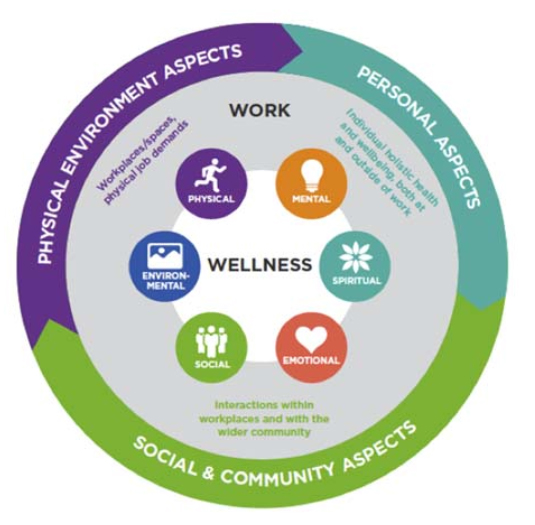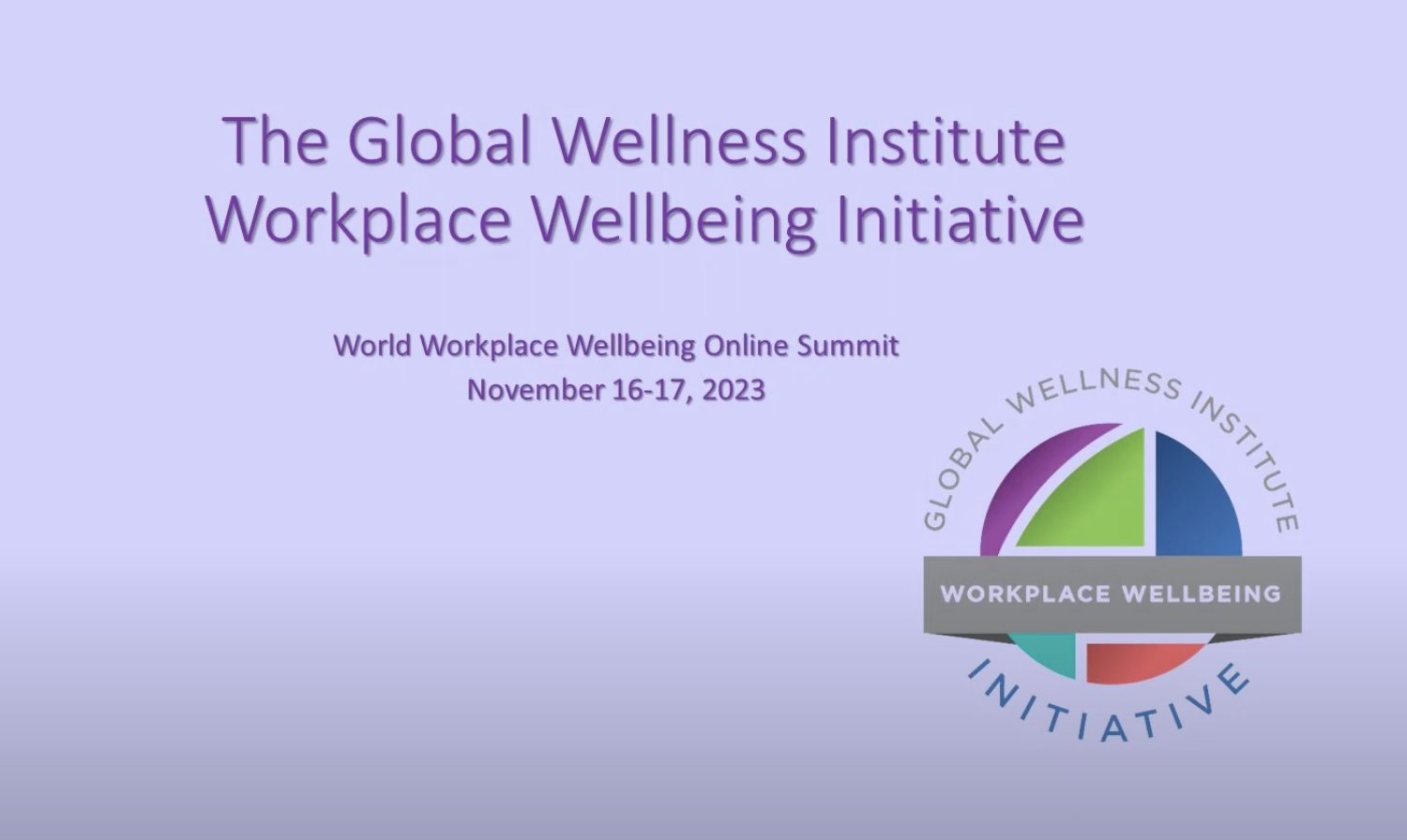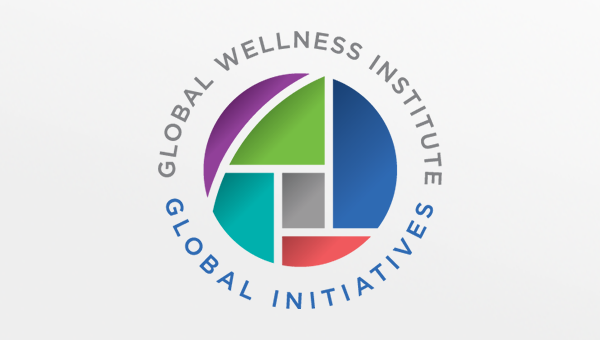Workplace Wellbeing Initiative Resources

Why Recovery Deserves a Seat at the Leadership Table
Why Recovery Deserves a Seat at the Leadership Table Author: Ahna de Vena, BFA Sleep and recovery are rarely mentioned in boardrooms, yet failure to protect it quietly undermines performance at every level of modern organizations. While we continue to ... Read More

Workplace Wellbeing Initiative Trends for 2025
Workplace Wellbeing Initiative 2025 Trends The modern workplace requires a strategic approach to wellbeing. This means moving beyond a scattered menu of programs to embed wellbeing into an organization’s culture. Such efforts position workforce wellbeing as a strategic business priority ... Read More

Mind, Mood, & The Microbiome: A Healthy Gut at Work (& Why It Matters)
Mind, Mood, & The Microbiome: A Healthy Gut at Work (& Why It Matters) By Gloria Treister, HHP “All disease starts in the gut.” Hippocrates made this profound statement more than 2,000 years ago, and we are just now beginning ... Read More

Culture of Well-Being and Care Questionnaire
Culture of Well-Being and Care Questionnaire Are you ready to build a culture of well-being and care at work? Here are 15 questions to help you get started. VIEW FULL ARTICLE ... Read More

Ten Shifts Driving a New ‘Thrive’ Revolution at Work
Ten Shifts Driving a New ‘Thrive’ Revolution at Work Prepared by Renee Moorefield, CEO of Wisdom Works Group and Chair of the Wellness at Work Initiative Ten crucial shifts that are fueling the new focus on thriving in the workplace have been ... Read More

Workplace Wellbeing Initiative Trends for 2024
Workplace Wellbeing Initiative 2024 Trends The current landscape of the workforce is marked by several significant trends. There is a noticeable increase in precarious employment, emphasizing the need for new methods to support workers' health, including their mental health. Technology-driven ... Read More

World Workplace Wellbeing Online Summit – Videos Now Available!
“A World Where Wellbeing Is a Priority in all Workplaces” The First World Workplace Wellbeing Online Summit Covering Trends, Insights, Case Studies & Thought Leaders Recently, the Global Wellness Institute’s Workplace Wellbeing Initiative organized a 24-hour online Summit covering the ... Read More

Workplace Wellbeing Infographic: Where is wellness at work today? Where has it been? And where it is going?
Workplace Wellbeing Infographic Where is wellness at work today? Where has it been? And where it is going? This infographic tells the story in a snapshot. We hope you find it useful as you explore wellness approaches for your organization ... Read More

Past Workplace Wellbeing Events
Workplace Wellbeing Events November 10–13, 2020 - The virtual Global Workplace Wellness Summit 2020, is a chance to engage in rich dialogues on workplace wellness with a global perspective. The summit will host two roundtables exploring the wellness mindset at ... Read More

Workplace Wellbeing Articles & Reports
Workplace Wellbeing Articles & Reports 2020 - Creating a Culture of Health: This link from the Consumer Goods Forum shares insights from global reports and businesses leading the way in employee health, including: new research on what employees really think ... Read More
The Global Wellness Institute serves as an umbrella organization for numerous Initiatives, that are independently chaired and run. The resources, editorial, research and opinions presented by the Initiatives do not necessarily reflect the opinions of the Global Wellness Institute.
























































